English 220.03 @ SDSU, Spring 2015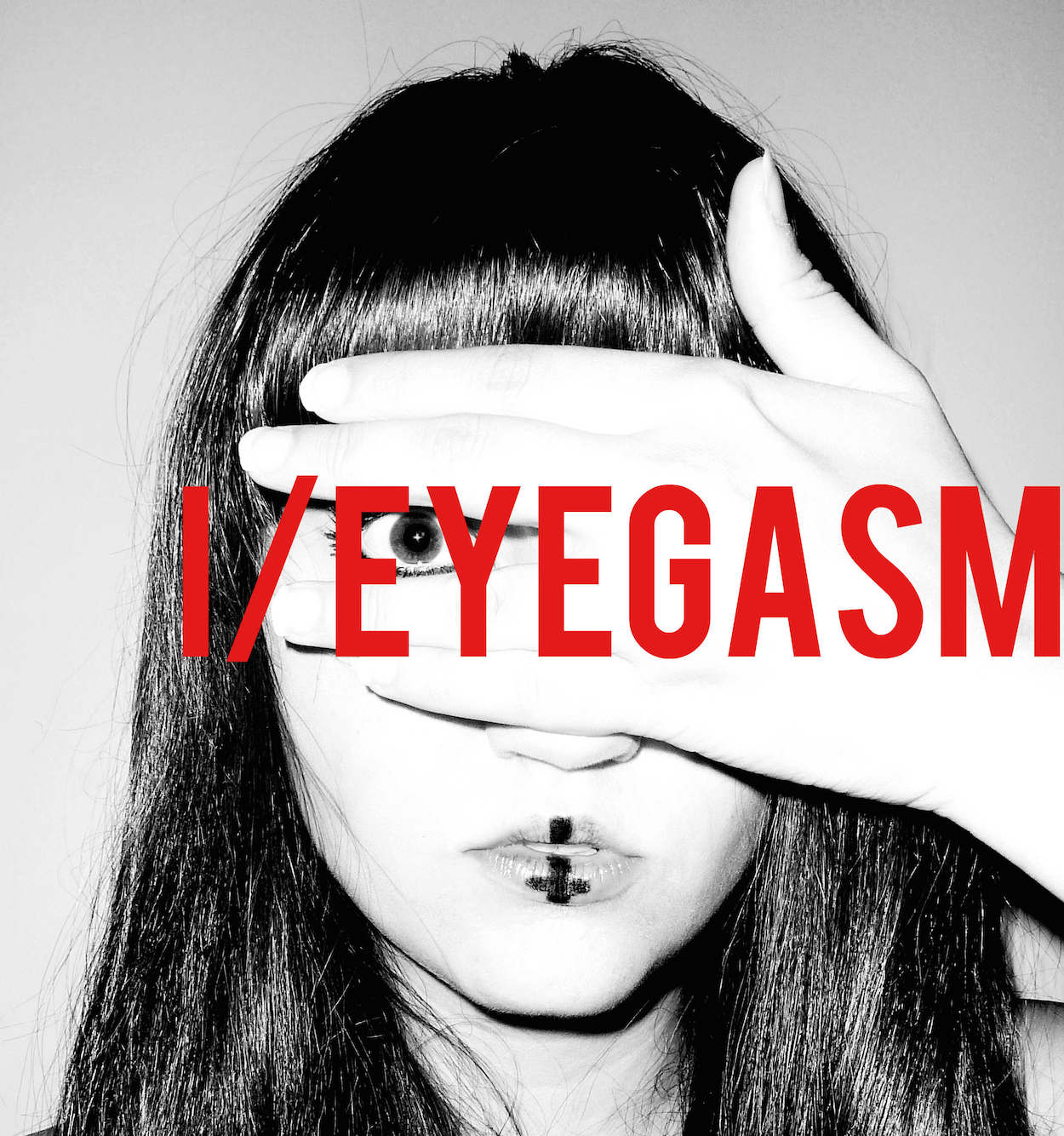 The
"Death of the Book," the
The
"Death of the Book," the
Digital Humanities, and the
Self[ie] in Literature, Film,
Art,
Photography and the Web
Tuesdays & Thursdays 11 to 12:15
GMCS 333
(aka, the Eygasmatorium)
|
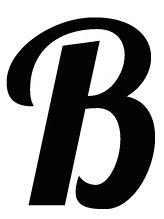 uckle your seatbelts and
order up some eye-protection--this is NOT just
an "introduction to literature" class--that I can guarantee. uckle your seatbelts and
order up some eye-protection--this is NOT just
an "introduction to literature" class--that I can guarantee.
Our
Spring 2015 experimental literary/ cinematic
festival will emerge out of the twisted
corridors of something I am calling
I/eyegasm as we explore the deliciously and
outrageously damaged psyches, minds, and art
of women and men in some of the tastiest,
most exotic and eye-opening literature,
film, art, photography, and poetry this side
of the planet.
Let's begin with some definitions:
eye,
n.
Etymology:
Cognate with Old Frisian āge , āch ,
Old Dutch ouga (Middle Dutch ōghe)
1. The
organ of sight. a. Either of the paired
globular organs of sight in the head
of humans and other vertebrates.The basic components of the
vertebrate eye are a transparent
cornea, an iris with a central
(circular or slit-like) pupil, a lens
for focusing, and a sensitive retina
lining the back of the eye. Light
entering the eye is focused by the
lens to form an image on the cells of
the retina, from which nervous
impulses are conveyed to the brain.
I,
pronoun
I /aɪ/
is the first-person singular
nominative case personal pronoun in
Modern English. It is used to refer to
one's self and is capitalized,
although other pronouns, such as he or
she, are not capitalized. In
Australian English, British English
and Irish English, me can refer to
someone's possessions (see archaic and
non-standard forms of English personal
pronouns).
orgasm,
n.
Etymology:
<
post-classical Latin
orgasmus excitement or
violent action in a
bodily organ or part
(1652 in the passage
translated in quot.
1684 at sense 1;
compare also quot.
1646 at sense 3) <
Greek ὀργασμός , in
scholia (medieval
Greek or earlier) on
Hippocrates On Humours
3 < ancient Greek
ὀργᾶν to swell with
sexual desire).
1. A sudden movement,
spasm, contraction, or
convulsion. Obs. 2.
Originally: a surge of sexual
excitement; the rut; oestrus.
In later use: sexual climax,
(also) an instance of this
(cf. climax).
Enthralled by these treats from the
dictionary, we are now safe to grapple with
our neologism, or "new word" course focus: I-gasm
or Eyegasm.
I/Eyegasm is a
word (maybe, also, a symbol) that reflects
our semester-long obsession with issues of
identity and subjectivity.
But there is more to it than that!
I/Eyegasm also
embodies a common experience--that mesh of
our minds with technology, touching/seeing
screens (computer screens, smartphone
screens, television screens) that come to
dominate our world view (and maybe, even,
our lives).
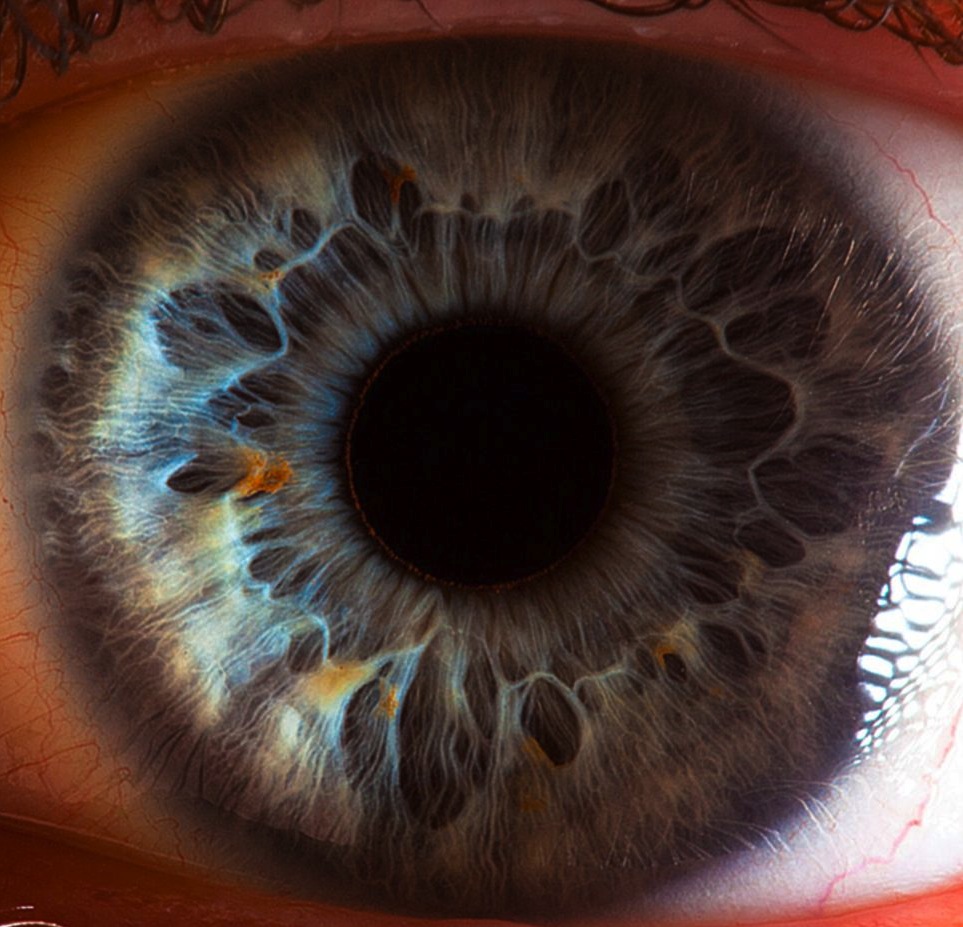
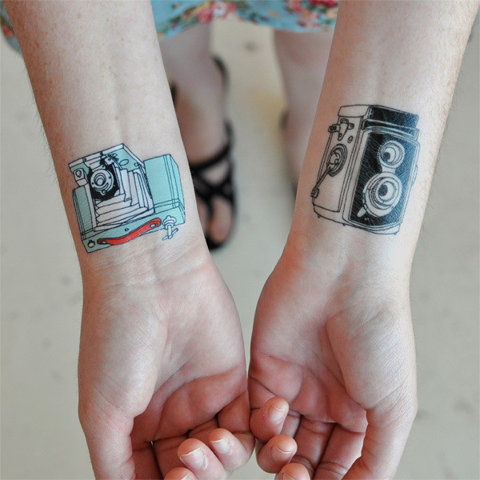
The various works we encounter this term
will teach us to rethink, rewrite, and
reimagine what it is we call to
consciousness when we picture
the contours of the human mind--in the
process, we will learn again just how
instrumental the seductive mirror of
literature can be in exposing the riches of
these minds.
Or consider the urban dreamscape of this
next-world city in this collaboration of
ESKMO with Cyriak Harris:
Or
lastly, this moving allegory by Dan
Rodrigues and Jon Klassen, that ponders the
connection between seeing, identity, and
relationships:
This
course is open to ALL undergraduates without
regard to your selected major or minor and
assumes no expertise in literature, film, or
fine art. If you are
breathing, have an imagination, and are
not easily offended by adult issues,
themes and images, then you should
seriously consider coming along for the
ride.
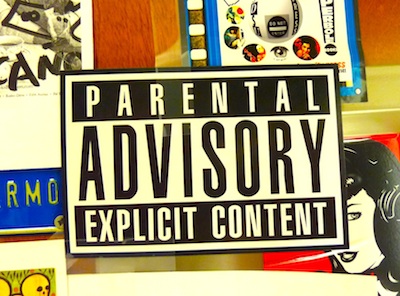 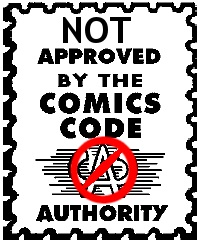
Upper
division
undergraduates and graduate students
interested in taking this class for
credit, should see me in office hours or
write me at memo@sdsu.edu
|
|
| Working List of Required
Works |
FILMS {Screened
FREE in Class}
HER
spike
jonze, director, screenwriter
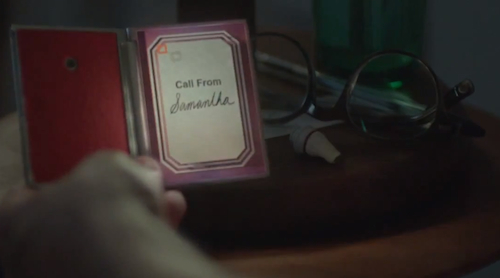
SLEEP DEALER
alex
rivera, director, screenwriter
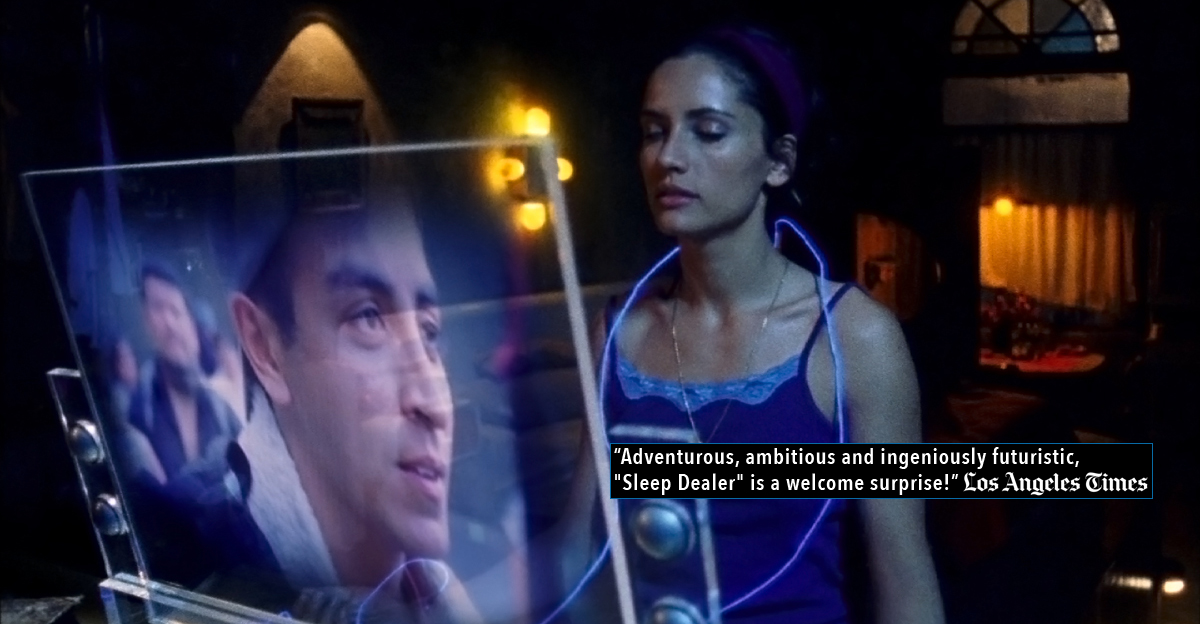
TOUCH OF EVIL
orson welles, director,
screenwriter
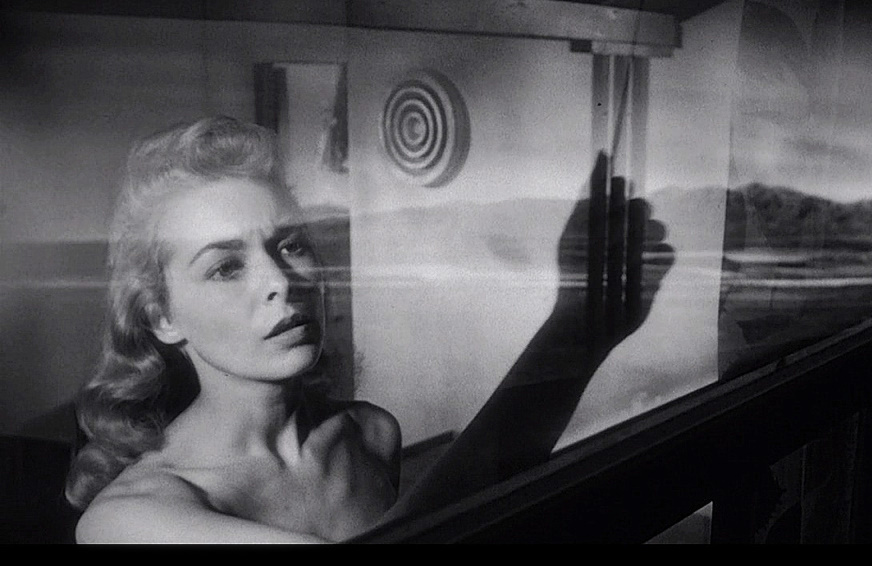
|
|
|
BOOKS
{...in no meaningful order}
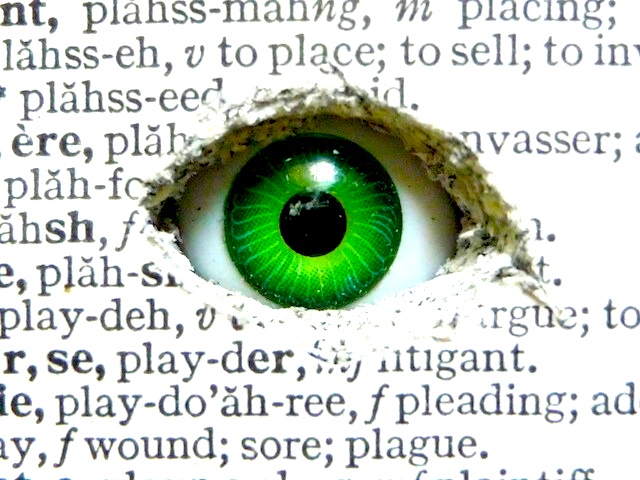
 A note about
purchasing books in our special,
outrageous, and experimental
introduction to literature
class... You might be asking yourself,
"should I go ebook or old school
paper-book?" For the purposes of
this section of English 220,
you MUST 'go old school,' 'old
gangster,' and buy or rent the real
thing--and, though i don't care WHERE
you purchase/rent this paper artifact,
make sure it is the edition they
carry in the campus bookstore!
Why? So that we will all be on the
same page during discussions, in-class
writing assignments, quizzes,
etc. Another thing: I negotiated
some cheaper prices on books and these
sale prices may only be available at
our campus bookstore (so if you go and
shop online for all your books, you
may lose out on a deal--this is
especially true of the Sacks,
Gualdoni, and the
Palahniuk/Kafka/Hawthorne three-pack
books). A note about
purchasing books in our special,
outrageous, and experimental
introduction to literature
class... You might be asking yourself,
"should I go ebook or old school
paper-book?" For the purposes of
this section of English 220,
you MUST 'go old school,' 'old
gangster,' and buy or rent the real
thing--and, though i don't care WHERE
you purchase/rent this paper artifact,
make sure it is the edition they
carry in the campus bookstore!
Why? So that we will all be on the
same page during discussions, in-class
writing assignments, quizzes,
etc. Another thing: I negotiated
some cheaper prices on books and these
sale prices may only be available at
our campus bookstore (so if you go and
shop online for all your books, you
may lose out on a deal--this is
especially true of the Sacks,
Gualdoni, and the
Palahniuk/Kafka/Hawthorne three-pack
books).
You
may have heard we are living through
the age of the 'Death of the Book.'
Don't buy the hype. Just as a Biology
101 professor might scoff at you if
you walked into an anatomy lab wanting
to use your 'scalpel app', or an
archeology prof on a dig would faint
if you wanted to use your 'shovel
app,' it's the same thing here.
Literature is about books--paper,
black ink, paste, etc. As to
whether you should rent or buy--keep
in mind that literature books are NOT
textbooks. They actually look
good on your shelves and tell the
world a lot about yourself--basically,
they are an intellectual mirror of
your tastes, range, and
depth. That said, it is YOUR
call.
1. Freud For
Beginners ISBN: 9780375714603
Appignanesi & Zarate
2. Pop Art ISBN: 9788861307360 Gualdoni
3. The Mind's Eye
ISBN: 9780307272089
Sacks
4. Notes from
the Underground ISBN: 9781554812219
Dostoyevski
(Broadview)
5. Octoroon
ISBN:
9781554812110 Boucicault
6, 7, 8. (CUSTOM
BUNDLE) 9780393279177 Norton
Fight Club,
Palahniuk
Metamorphosis,
Kafka
The House of
Seven Gables, Hawthorne
9. Gradiva :
Delusion & Dream in Jensen's Gradiva
ISBN: 9781892295897
Freud
10. Ways of
Seeing ISBN: 9780141035796
Berger
11. Tex[t]-Mex ISBN: 9780292714571 Nericcio
I/EYEGASM Books via Aztec Shops!
I/EYEGASM Books via KB Books!
I/EYEGASM Books via Powells!
I/EYEGASM Books via Amazon!
|
|
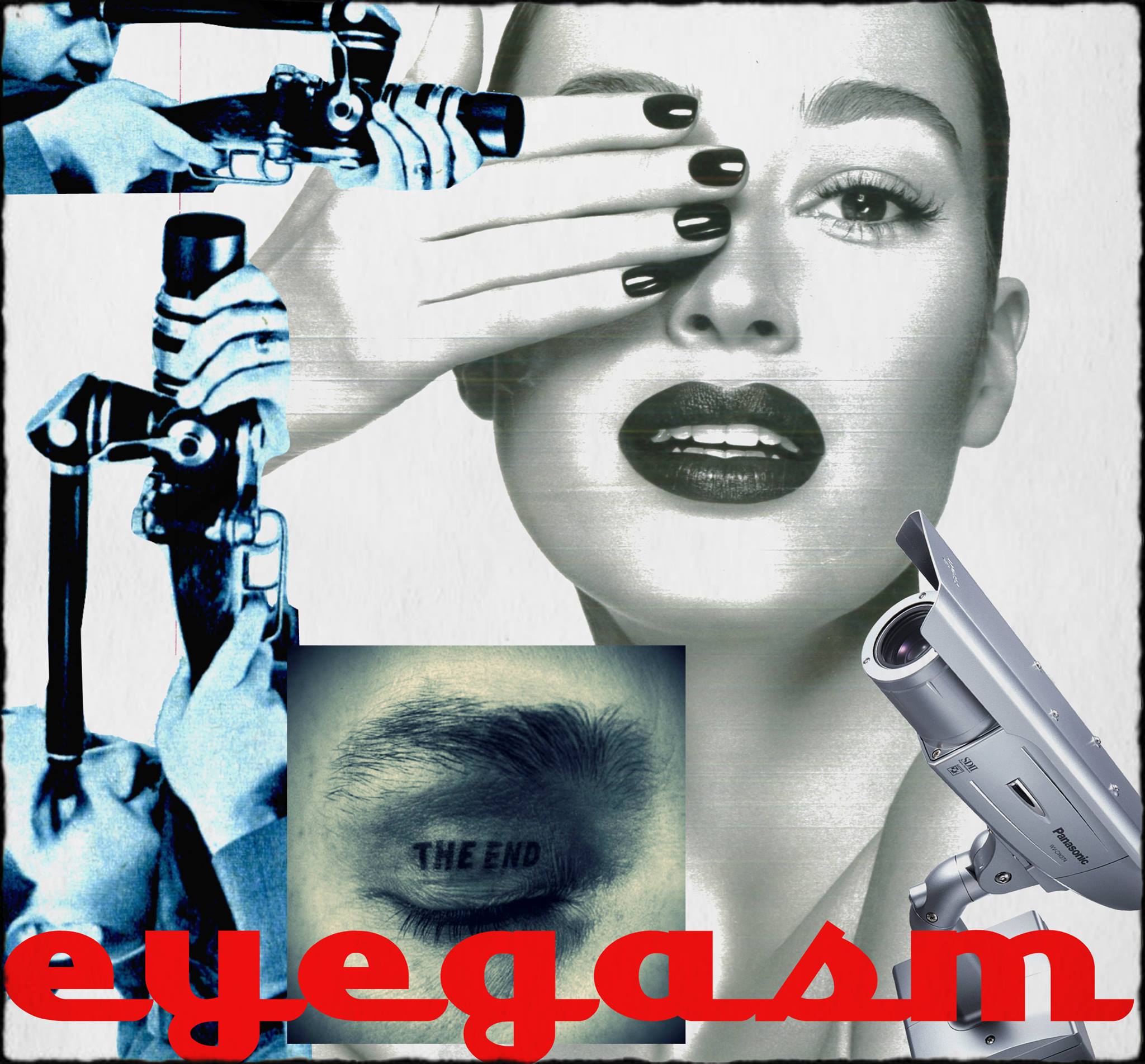
|


 uckle your seatbelts and
order up some eye-protection--this is NOT
uckle your seatbelts and
order up some eye-protection--this is NOT 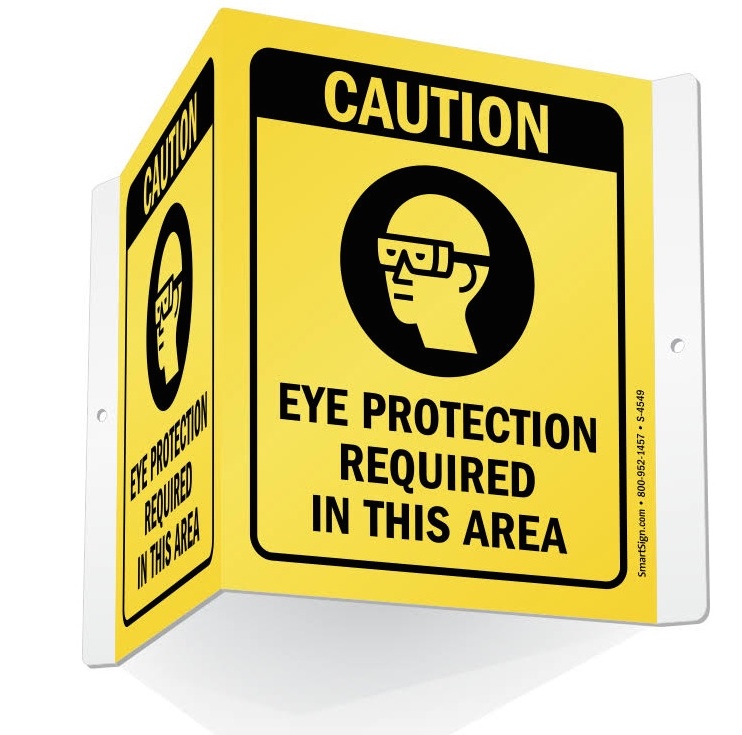








 A note about
purchasing books in our special,
outrageous, and experimental
introduction to literature
class... You might be asking yourself,
"should I go ebook or old school
paper-book?" For the purposes of
this section of English 220,
you MUST 'go old school,' 'old
gangster,' and buy or rent the real
thing--and, though i don't care WHERE
you purchase/rent this paper artifact,
make sure it is the edition they
carry in the campus bookstore!
Why? So that we will all be on the
same page during discussions, in-class
writing assignments, quizzes,
etc. Another thing: I negotiated
some cheaper prices on books and these
sale prices may only be available at
our campus bookstore (so if you go and
shop online for all your books, you
may lose out on a deal--this is
especially true of the Sacks,
Gualdoni, and the
Palahniuk/Kafka/Hawthorne three-pack
books).
A note about
purchasing books in our special,
outrageous, and experimental
introduction to literature
class... You might be asking yourself,
"should I go ebook or old school
paper-book?" For the purposes of
this section of English 220,
you MUST 'go old school,' 'old
gangster,' and buy or rent the real
thing--and, though i don't care WHERE
you purchase/rent this paper artifact,
make sure it is the edition they
carry in the campus bookstore!
Why? So that we will all be on the
same page during discussions, in-class
writing assignments, quizzes,
etc. Another thing: I negotiated
some cheaper prices on books and these
sale prices may only be available at
our campus bookstore (so if you go and
shop online for all your books, you
may lose out on a deal--this is
especially true of the Sacks,
Gualdoni, and the
Palahniuk/Kafka/Hawthorne three-pack
books).